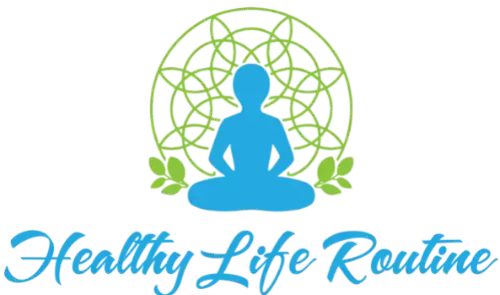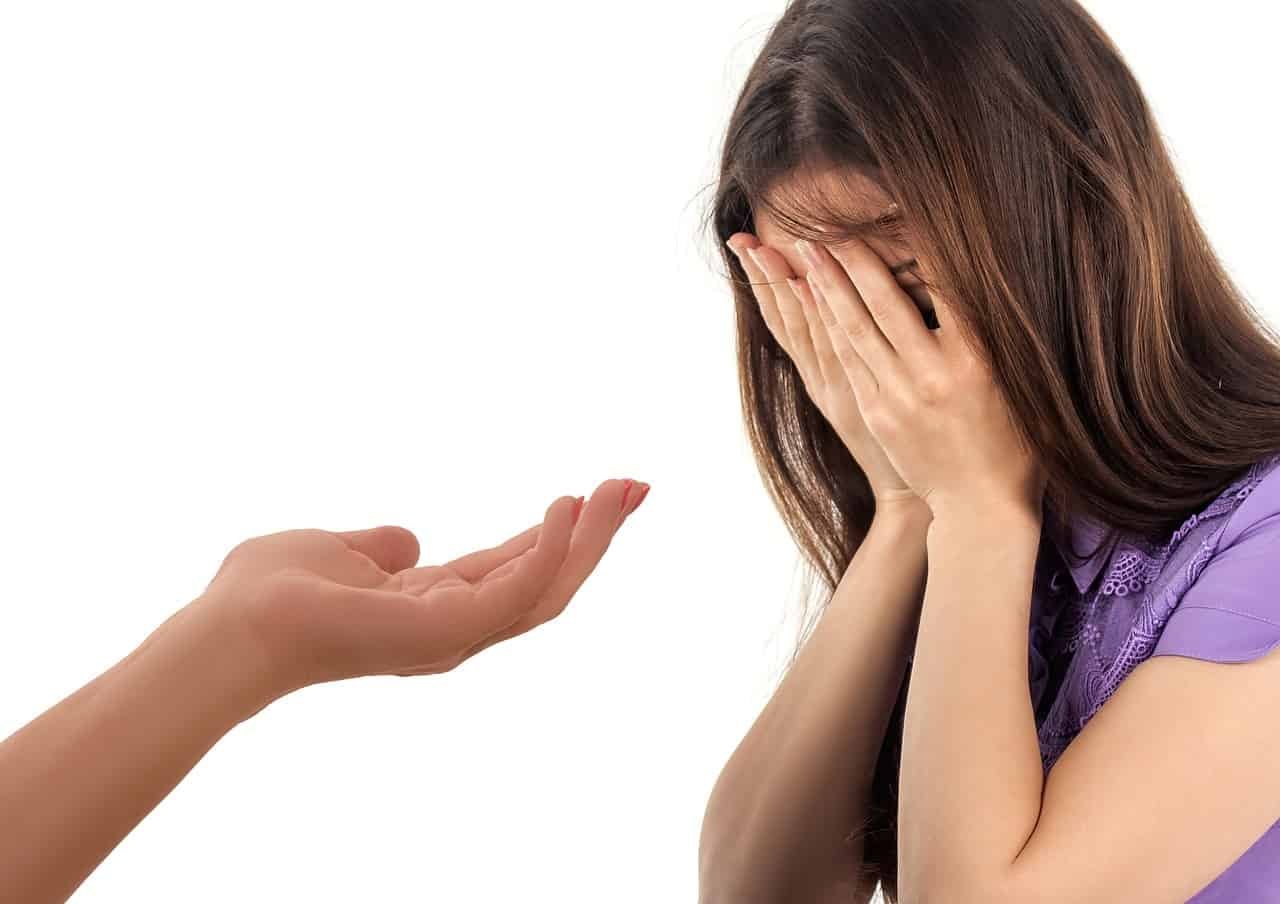Everything You Need to Know About Depression
What is Depression?
During the past years, the number of people suffering from depression increased drastically. Only in the US, more than 8% of the population had depression at least once in their lifetime. People experience this condition in different ways due to our brain`s uniqueness.
Depression is catalogued as a mood disorder which determines the appearance of feelings such as sadness, loss, anger or a continuous state of anxiety. Furthermore, it is considered a serious medical condition that can worsen without proper care and treatment.
Types Of Depression
- Major depressive disorder represents the most severe type of depression, it is known for persistent feelings of sadness, hopelessness, and worthlessness. Furthermore, specialists identified subtypes of major depressive disorder that include atypical features, anxious distress, mixed features, psychotic features or catatonia.
- Persistent depressive disorder or PDD was commonly known as dysthymia, is considered a chronic form of depression. Symptoms that last for more than two years represent the main factor for diagnosing someone with PDD, along with other symptoms such as lack of interest in daily activities, low self-esteem, lack of productivity or feelings of hopelessness.
- Unipolar depression has as its predominant feature a depressed mood, while bipolar depression is characterized by manic and depressive episodes separated by a period of normal mood.
Depression Symptoms
There is a multitude of symptoms recognized by specialists all over the world as depression signs. Besides the depressed mood or the overall state of perpetual sadness, other symptoms such as:
- lack of energy.
- insomnia or hypersomnia.
- altered ability to think or concentrate.
- diminished interest in previously enjoyed activities.
- low appetite represents indications that a person suffers from depression.

Depression Causes
Even though the causes for depression are yet to be understood by specialists in the field, depression is likely to happen because of a complex combination of triggers that include:
- Life events such as chronic stress, divorce, work-related problems, financial issues, difficulties in relationships with close friends or family.
- Personality is a factor that influences greatly how our brain works, which is why those that are less successful when it comes to coping strategies are more prone to develop a form of depression.
- Those that have relatives experiencing depression are genetically prone to develop it too.
- Childhood trauma or major events that can impact greatly a child usually lead to depression.
- Abuse of drugs, alcohol or amphetamines are connected to the appearance of depression.
- Those that had suffered a traumatic head injury are susceptible to this kind of condition due to the impact the injury had on the brain, both physically and mentally.
Treatment
Depression is one of the treatable mental illnesses by following closely psychotherapy, drug treatment and relying on the support of those close to you.
One of the most effective forms of psychotherapy in dealing with depression is CBT or Cognitive Behavioural Therapy, followed closely by interpersonal psychotherapy and problem-solving approaches.
Also, in some cases, specialists recommend the administration of antidepressant medications. Moderate to severe depression is dealt with the aid of antidepressants, but doctors try to avoid prolonged administration of such drugs.
Some of the medication includes selective serotonin reuptake inhibitors or SSRIs, tricyclic antidepressants, selective serotonin or norepinephrine reuptake inhibitors.
However, each and every class of antidepressants has effects on different neurotransmitters, so the drugs should be administered as prescribed and even after the symptoms diminished.
For milder cases of depression, it is highly recommended to emerge in outdoor activities such as cycling or jogging, but any kind of physical activity has proved to be helpful in boosting mood and endorphin levels.





